Building a Strong Relationship
WITH YOUR PUPPY THROUGH POSITIVE REINFORCEMENT TRAINING
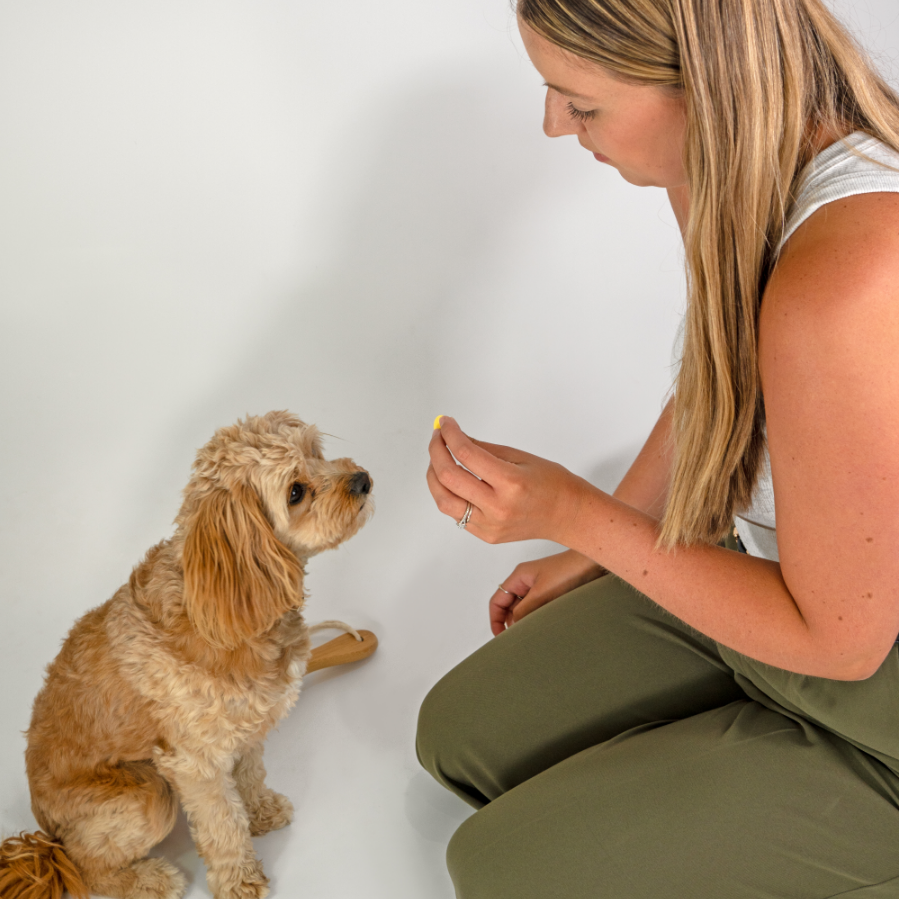
Bringing a new puppy home can be an exciting and rewarding experience. However, it can also be challenging if you don’t know how to establish a strong relationship with your furry friend. Positive reinforcement training is one of the most effective ways to build a bond with your puppy and help them learn essential skills.
WHAT IS POSITIVE REINFORCEMENT TRAINING?
Positive reinforcement training rewards desirable behaviour with a treat, praise, or affection. The goal is to encourage your puppy to repeat behaviours that lead to positive outcomes. By using positive reinforcement, you can reinforce good behaviour and discourage bad behaviour without using punishment or physical force.
TIPS FOR BUILDING A STRONG RELATIONSHIP WITH YOUR PUPPY
We have compiled some tips on using positive reinforcement training to build a strong relationship with your puppy.
1. Start Training Early
Start training your puppy as soon as possible. Puppies are most receptive to learning new behaviours between 8 and 16 weeks. By starting early, you can establish good habits and avoid bad behaviour before it becomes a problem.
2. Use Positive Reinforcement
Use positive reinforcement to reward your puppy for good behaviour. When your puppy does something you like, give them a treat, praise, or affection. This reinforcement will motivate them to repeat the behaviour in the future.
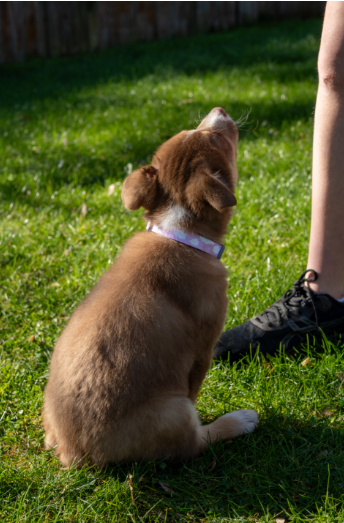
3. Be Consistent
To help your puppy understand, consistency is key in positive reinforcement training. Ensure that everyone in your household is on the same page when training your puppy. Use the same commands and reward system to avoid confusing your puppy.
4. Keep it Brief
Your furbaby has a short attention span, so keep training sessions short and sweet. Aim for 5-10 minute sessions, 2-3 times daily. This will help your puppy stay focused and engaged.
5. Make Training Fun
Make training fun for your puppy by incorporating playtime and treats into your sessions. Use toys and games to keep your puppy engaged and motivated.
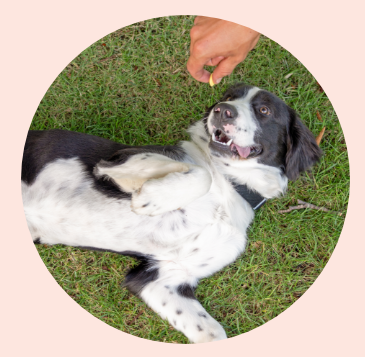
6. Don’t Use Punishment
Avoid using punishment or physical force when training your puppy. You don’t want to damage your relationship with your puppy. Physical force can also lead to negative behaviours. Instead, focus on positive reinforcement to encourage good behaviour.
7. Be Patient
Training a puppy takes time and requires patience. Don’t be unrealistic and expect your puppy to learn everything overnight. If you’re consistent, your puppy will eventually learn the behaviours you want them to.
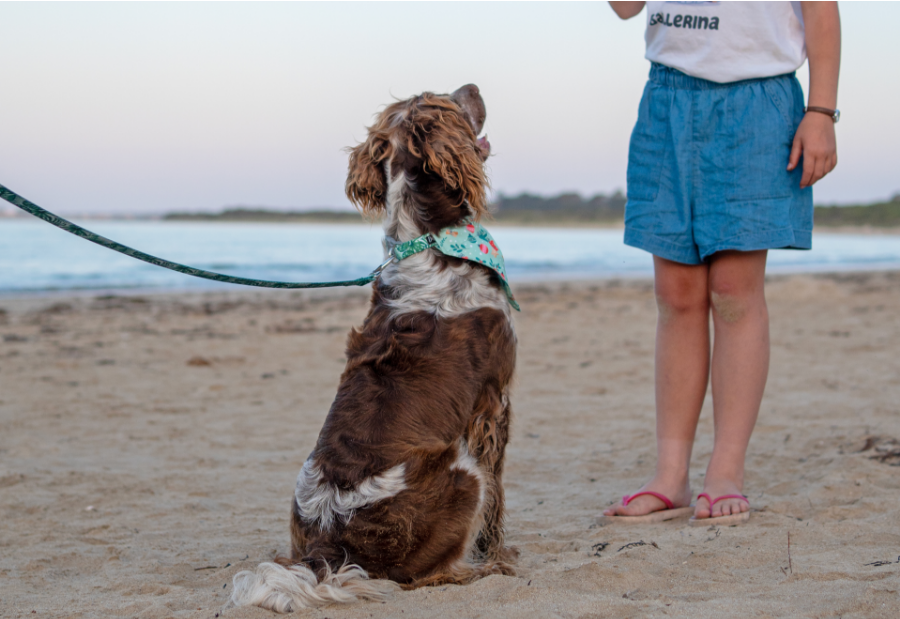
Building a solid relationship with your puppy is a rewarding experience for you and your furry friend. By using positive reinforcement, you can establish good habits, prevent bad behaviour, and build a bond that will last a lifetime. Remember to start training early, be consistent, and make training fun for your puppy. You can create a respectful and loving relationship with your pup with patience and persistence.
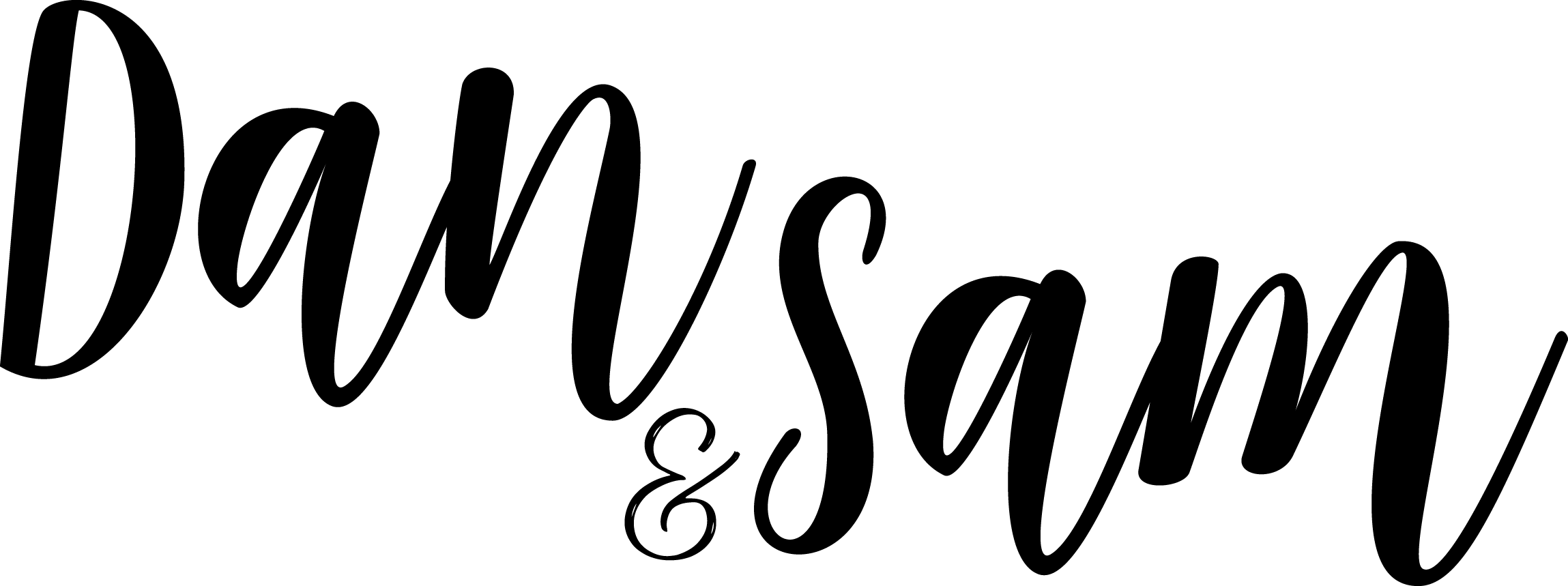
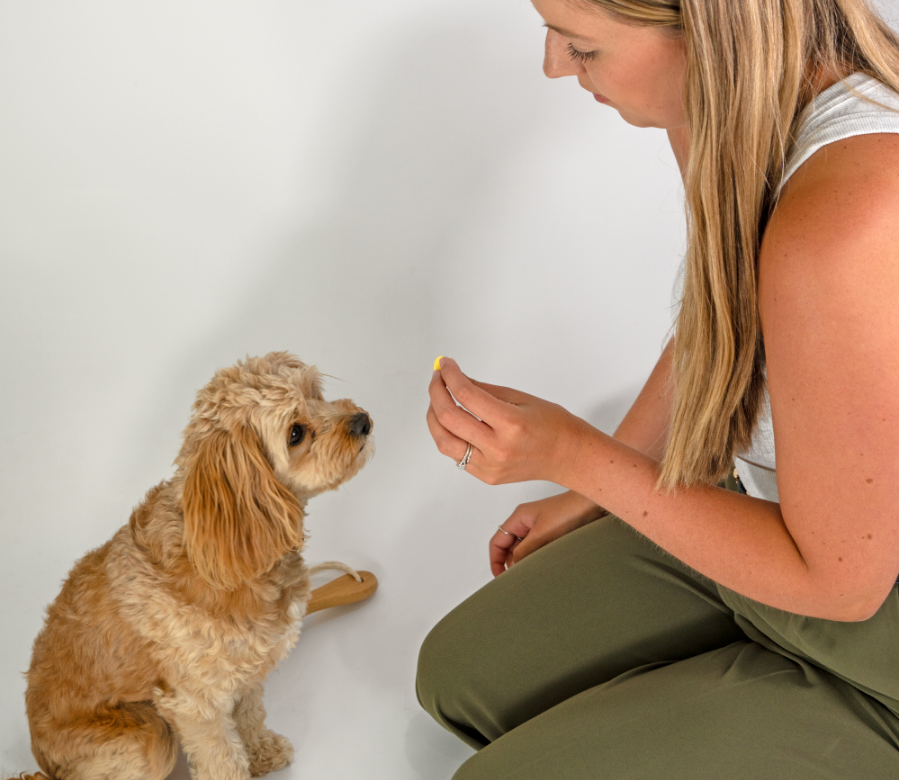
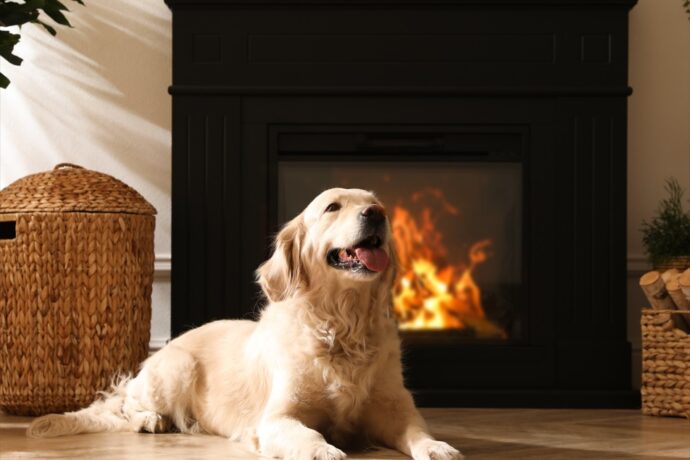
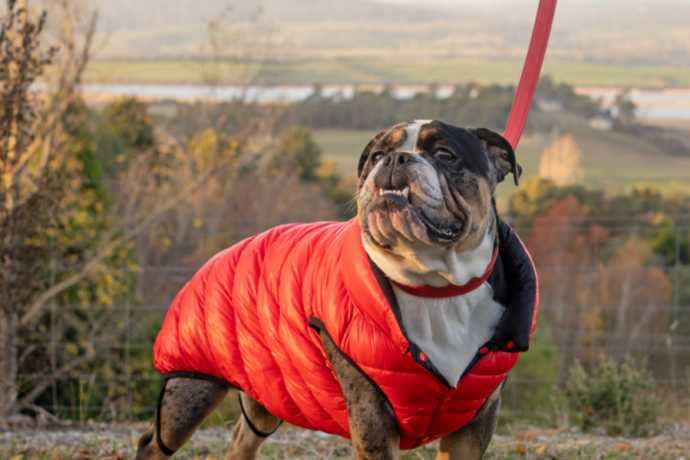
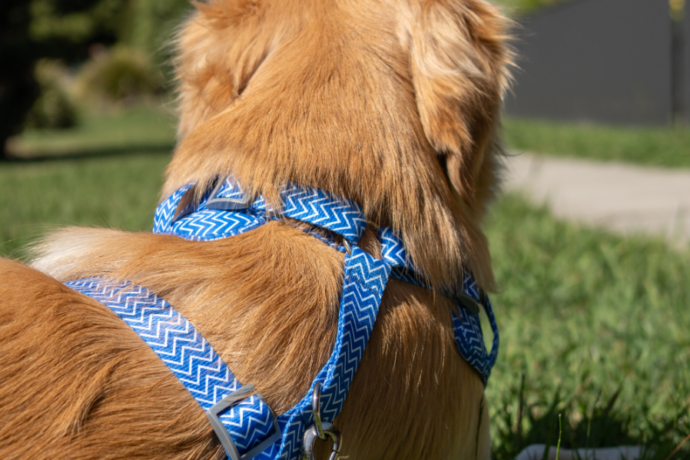
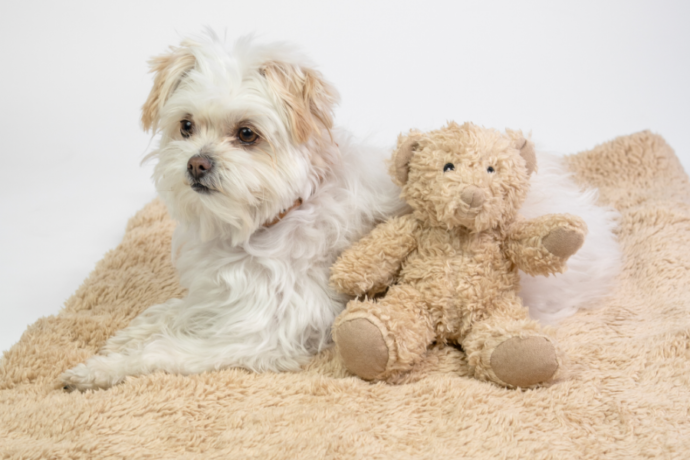
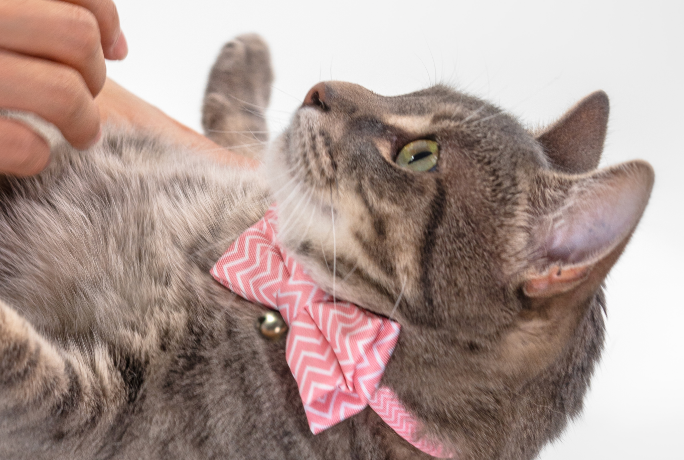
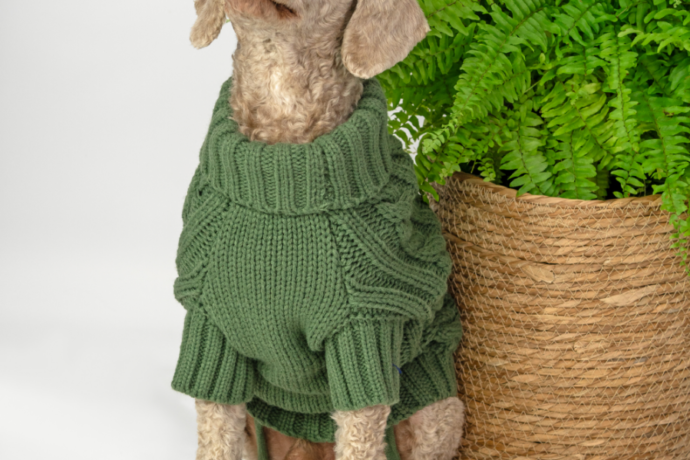
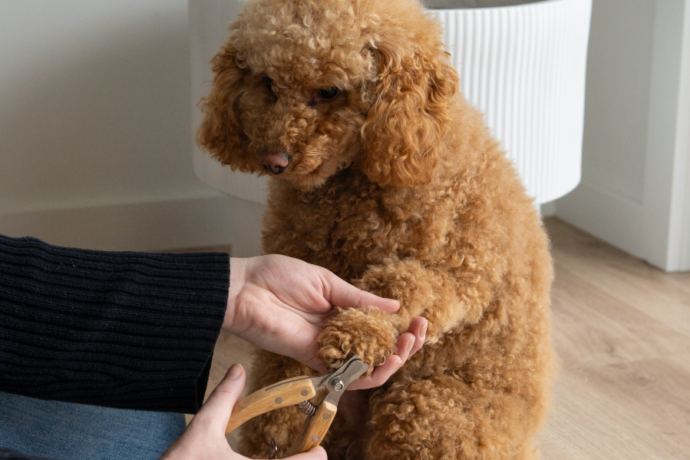
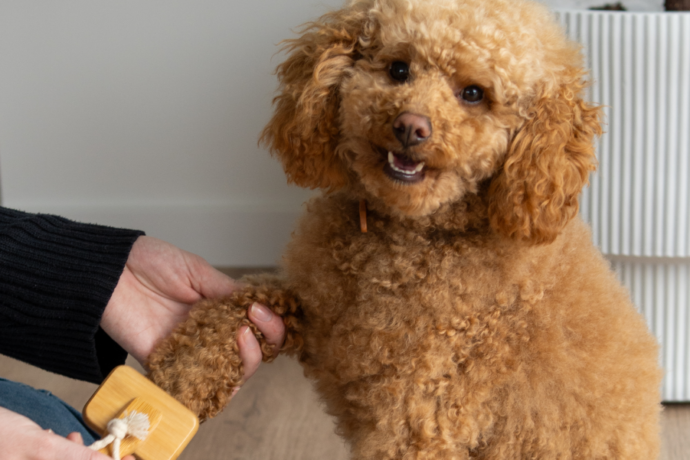
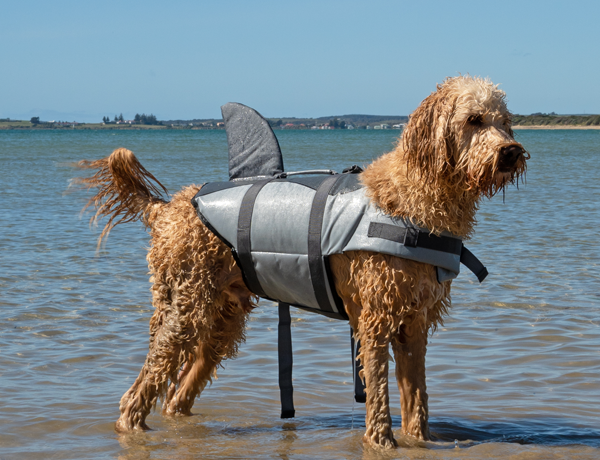
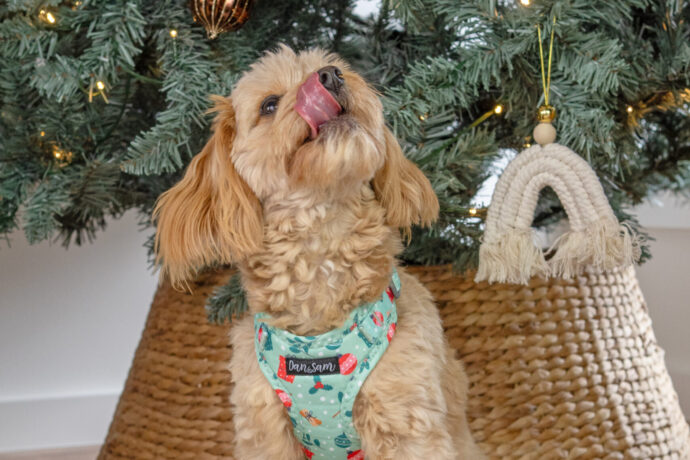
Leave a comment